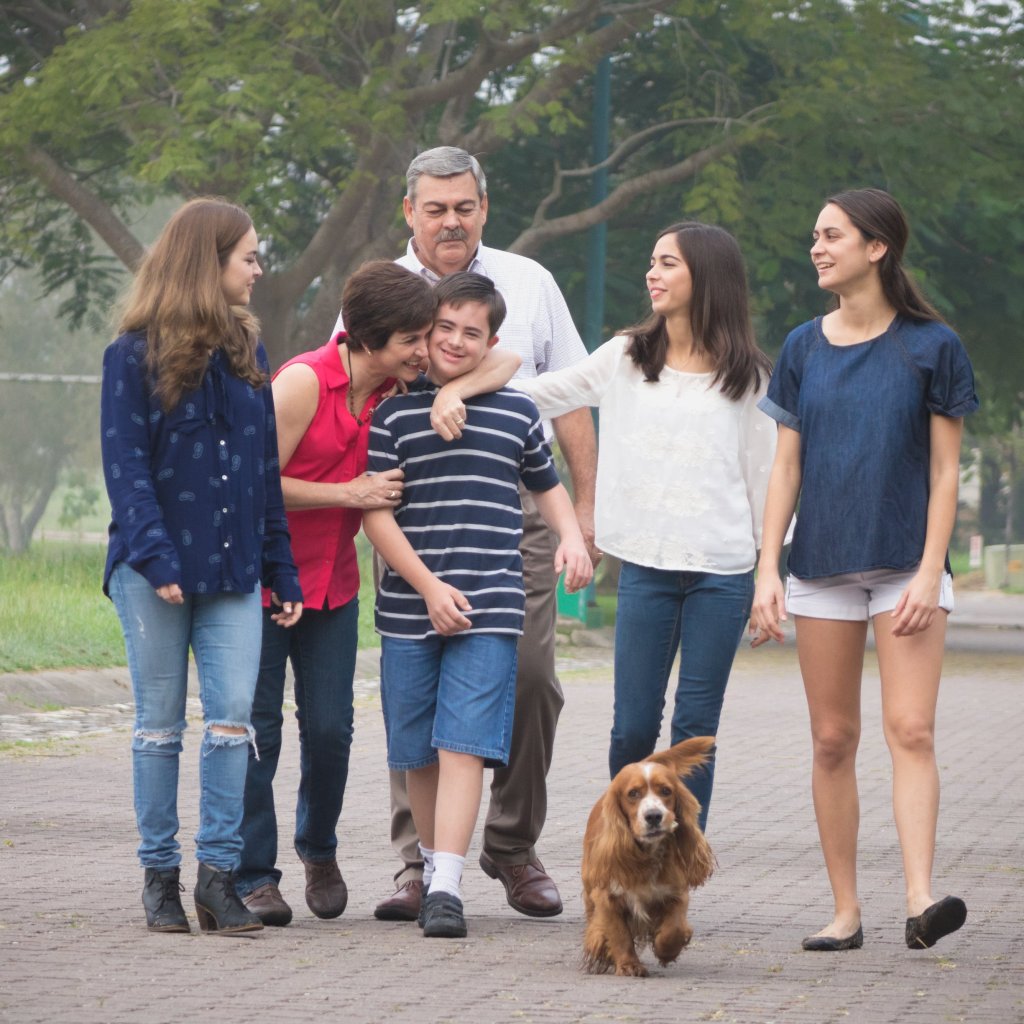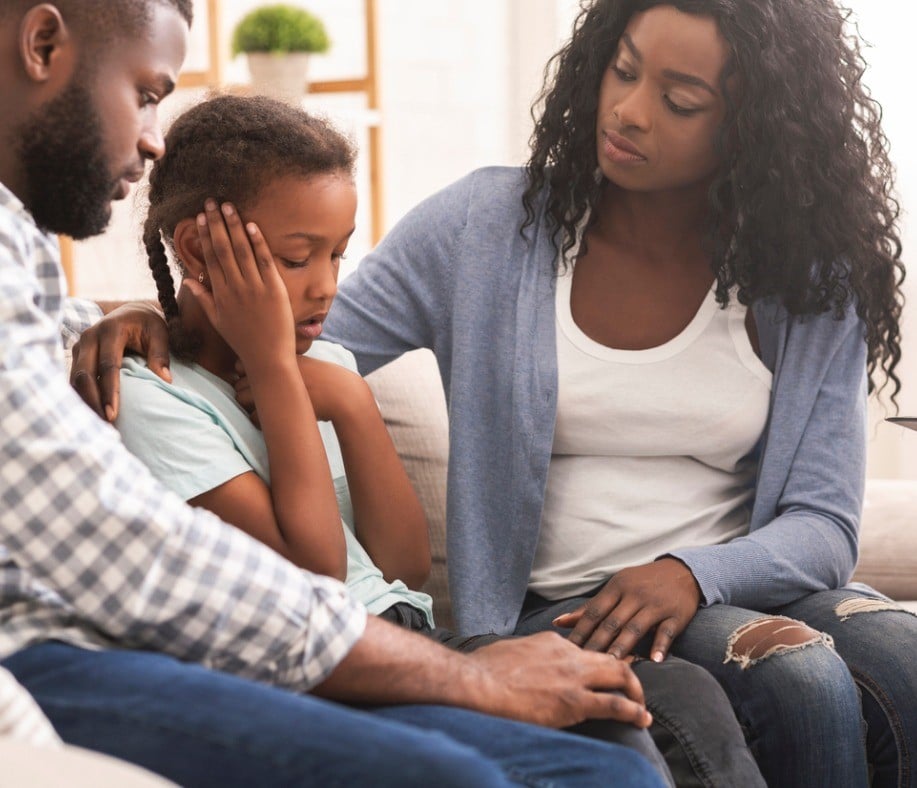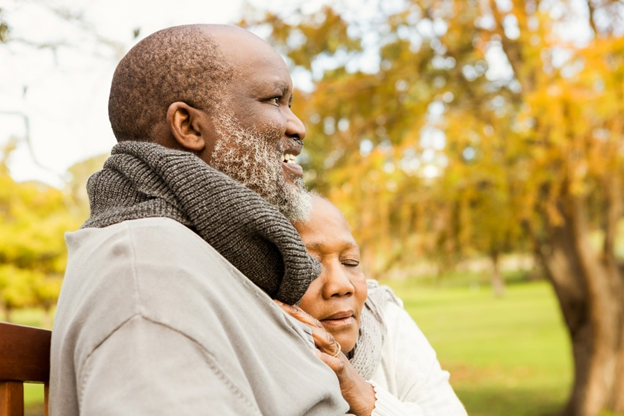
The Importance of Recreation for Individuals with Disabilities
When we think about caregiving, we often first focus on the essentials: making sure that the consumer is healthy, eating well, getting enough sleep, and taking medications properly. But as we know, a full life is made up of more than just these basics. Recreation and socialization add meaning and richness to everyone’s life. Effective, quality caregiving means going beyond this list and finding fun opportunities for your loved one to engage in. For individuals with physical and developmental disabilities (as well as people with brain injuries), it is especially important to find safe, comfortable and fun activities in the community.
I worked for six years with people who had brain injuries. I remember one man who tried every activity that was offered to him—every trip and week-long camp—because it got him out of his home. He was able to feel confident and socially involved, whereas at home with his brain injury, he did not feel that way. He did not have the skills to plan these activities on his own, so he needed assistance to make it happen. The result was he really benefited from the programs; he felt part of his community.
While they can of course vary from person to person, the benefits of recreation, socialization, engagement have been well-documented.
Participation in recreational activities with others can lead to increases in:
- Self-Confidence
- Happiness
- Morale
- Life satisfaction
Physical benefits of recreation can include:
- Increase in muscle strength
- Increase in sense of well being
- Increase in flexibility, balance and coordination
There are passive forms of recreation, like planning a movie day or working on a puzzle, and there are active forms of recreation, like swimming, biking, or bowling. Many organizations and groups plan recreational activities for individuals with disabilities. The key is to take the time to discover what each consumer finds fun and interesting, and then know that there are resources available. These types of organized activities allow consumers who might not regularly feel comfortable in the community have fun with others in a safe way.
Socialization and recreation are key components to everyone’s life, and sometimes it can feel difficult to find a program that is sensitive to the needs of consumers. Here are some resources to help get you started:
Massachusetts-Specific Resources:
National Resources:
- United States Adaptive Recreation Center
- Disabled Sports USA
- Mobility International USA (MIUSA)
- National Center on Accessibility
- National Center on Physical Activity and Disability (NCPAD)
This article was originally published by Tracy Carroll, an Area Director for Caregiver Homes.
More insights like this:
-

Classifying and Defining Autism Spectrum Disorder: A Guide for Caregivers
Read more: Classifying and Defining Autism Spectrum Disorder: A Guide for CaregiversUntil 2013, autism was classified under a handful of labels, such as Asperger’s Syndrome and Pervasive Developmental Disorder-Not Otherwise Specified, which are no longer commonly in use. It was the publication of the DSM-5-TR, the most recent edition of the diagnostic handbook trusted by health professionals around the world, that merged these various diagnoses…
-

5 Great Holiday Nutritional Tips for Loved Ones with Complicated Medical Conditions
Read more: 5 Great Holiday Nutritional Tips for Loved Ones with Complicated Medical ConditionsFor many of us, the holiday season is a time of celebration, reconnecting with friends and family, and eating lots of delicious food. But for people with medical conditions that place restrictions on what they’re able to eat, the holidays can be a difficult time to stay on track.
-

Caring for Someone with End-Stage COPD? Here’s What You Should Know
Read more: Caring for Someone with End-Stage COPD? Here’s What You Should KnowChronic obstructive pulmonary disease (COPD) is a progressive condition for which a cure has not yet been discovered. It inflames a person’s lungs in a way that can obstruct the airway with swelling and the production of mucus. Emphysema and chronic bronchitis are the two lung conditions that cause COPD, and they tend…